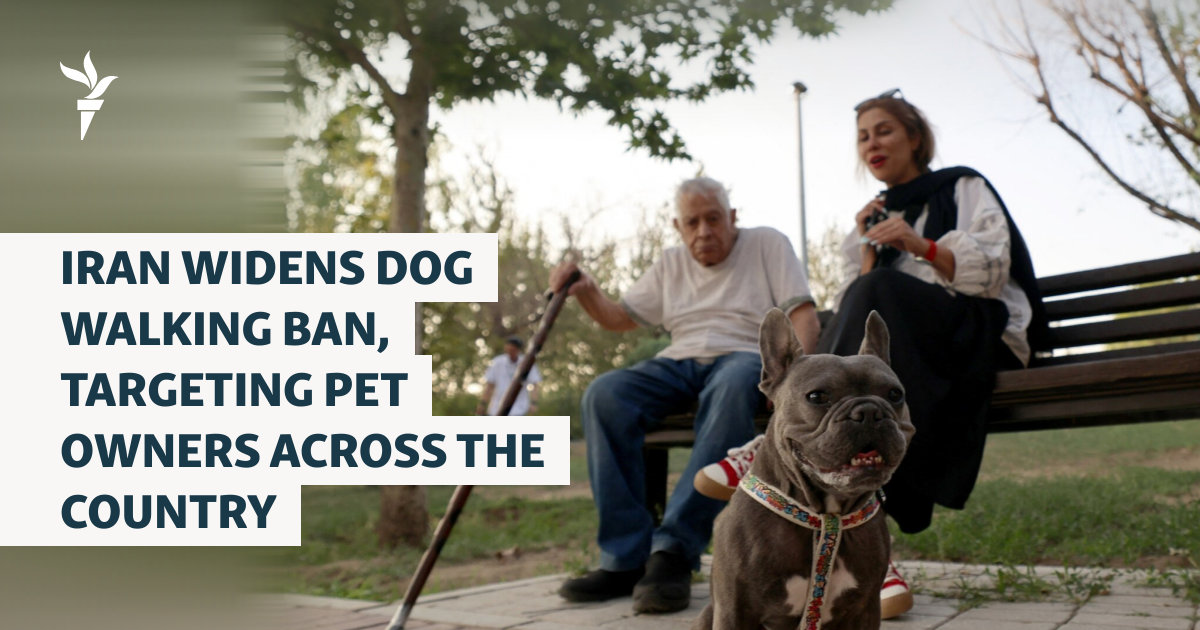
Iranian authorities have significantly widened a ban on walking dogs in public, extending restrictions from the capital, Tehran, to at least 18 cities nationwide, including major urban centers such as Esfahan, Hamedan, Ilam, and Kerman.
The move builds on a 2019 police directive that first prohibited dog walking in Tehran and now encompasses bans on transporting dogs in vehicles and, in some cases, the closure of pet shops and unauthorized veterinary clinics.
Officials say the ban is necessary to maintain “public order, ensure safety, and protect public health,” with prosecutors in various cities warning that legal action will be taken against violators.
Enforcement varies, but measures include potential arrests, impounding of vehicles, and the seizure of dogs found in violation of the rules.
Dog ownership and walking have long been contentious in Iran, particularly since the 1979 Islamic Revolution. Many religious authorities regard dogs as “unclean” and symbols of Western cultural influence.
Supreme Leader Ayatollah Ali Khamenei has previously stated that keeping dogs for reasons other than herding, hunting, or guarding is “reprehensible,” and in 2021 dozens of lawmakers denounced pet ownership as a “destructive social problem” that could undermine the Iranian and Islamic way of life.
Reiterating that point, conservative former lawmaker Hassan Shojaei said dogs used to serve as protectors of people but now “they are indoors and replacements for children,” which he alleged is “modern and Western.”
“It doesn’t belong to us, neither to our Iran nor to our Islam,” he wrote on X.
While there is no national law explicitly banning dog ownership, authorities rely on local directives, police orders, and certain articles of the Iranian Penal Code and constitution that address public morality and health to justify the bans. Estimates in Iranian media put the number of house pets, including cats and dogs, at around 6 to 8 million.
Payam Mohebbi, a former head of the Iranian Association of Veterinarians, told RFE/RL’s Radio Farda that laws on keeping pets are necessary for the protection of both pets and people but slammed the authorities’ current approach.
“The establishment is targeting the most harmless members of society whose only desire is to show affection to another living creature,” Mohebbi said.
The expansion of the dog-walking ban is seen by many as part of a broader campaign by Iranian authorities to police public spaces and reinforce conservative social norms. For some Iranians, dog ownership — like defying mandatory hijab laws or attending underground gatherings — remains a subtle act of resistance against the country’s clerical rulers.
Ali Mojtahedzadeh, a legal expert based in Iran, compared the authorities’ approach to controlling pet ownership to their attempts at enforcing the mandatory headscarf for women and banning satellite television and noted that they had all “failed.”
“And yet, quite astonishingly, we still insist on following the same path and refusing to acknowledge realities,” he wrote in an op-ed.
This post was originally published on this site be sure to check out more of their content.













































